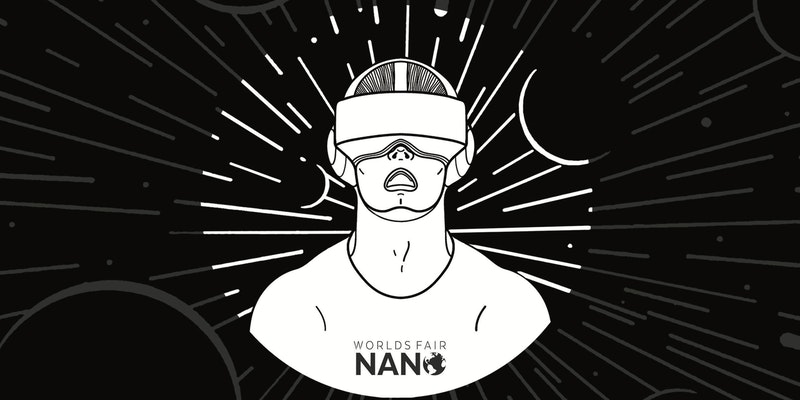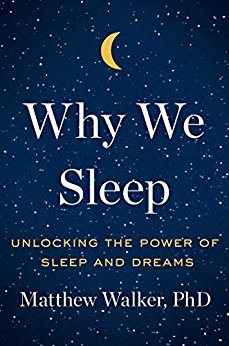
Cheery Friday Greetings to our Learning How to Learners!
Book of the Week
We received an awesome Christmas gift—How to Traumatize Your Children: 7 Proven Methods to Help You Screw Up Your Kids Deliberately and with Skill. By making fun, (in hilarious fashion) of common parental foibles, it also helps us keep in mind what good parenting really entails. Barb passed this to her pediatrician daughter—the book is now an even bigger hit, making the rounds with her fellow pediatrician-residents.
Barb Speaking in San Francisco at the World’s Fair Nano!
Barb will be giving a talk about the future of education at World’s Fair Nano on Saturday, March 10th, 2018. Unlike many upbeat but vague talks about the future of “XXX,” this one will unwrap the specifics of her and Terry’s exciting new project, designed for global impact in many languages. Register here. (Barb plans to stay after her talk to shake hands and meet you!)
The Peg Method—and The Art of Memory
Our friend, 4-time US Memory Champion Nelson Dellis is back with another great memory tips video, this one on the Peg Method. (The Peg Method is another way of memorizing that’s quite different from, but complementary to, the Memory Palace Technique.)
You may also wish to check out Nelson’s Art of Memory, a Memory training app that offers Memory tutorials, training tools, system generators, and memory games to help you improve your memory. Pre-orders are still being taken and the final version of the software will be going live very soon.
Data Exchange Network
DataCircle is a data exchange network where you can find, buy, sell and exchange datasets easily. It is great for researchers, educators and students—there are more than 50 dataset categories. To learn more, go to DataCircle.io. It’s worth noting that DataCircle is dedicated to helping the open communities—there is a free tier to use, share, and exchange free data assets.
Before a Test or Interview, Be Sure to Exercise
This article cites a study which has found that just ten minutes of aerobic exercise does a lot to improve cognitive function. So next time you find yourself dragging when you are trying to complete a difficult cognitive task, or you’re about to take a test or meet for an important interview, get some exercise to pep yourself up!
Thirty Years In, the Bennett Hypothesis is More Important than Ever
Jenna Robinson’s cogent article shows that the Bennett hypothesis—that is, that federal aid makes tuition higher—is more important than ever. Oddly enough, federal student aid allows universities to blithely raise prices without feeling the consequences of reduced demand or lower-quality students. “The price of college tuition and fees has risen 1,335 percent since 1978: much faster than inflation and faster even than medical care (704 percent) and housing (511 percent).” To learn more about this problem, read Benjamin Ginsberg’s important, The Fall of the Faculty: The Rise of the All-Administrative University and Why It Matters.
That’s all for this week. Have a happy week in Learning How to Learn!
Barb, Terry, and the entire Learning How to Learn team
Follow LHTL on Facebook | Join the private LHTL Hall of Fame group | Follow LHTL on Twitter

















